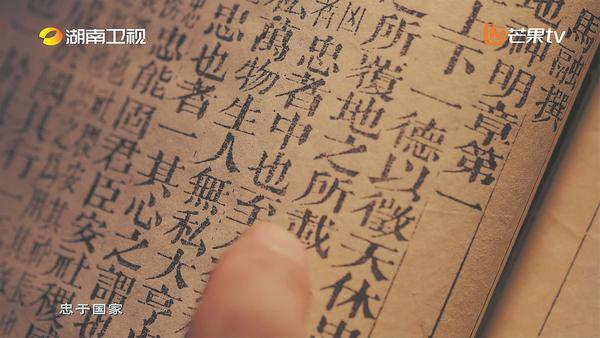
Images of ancient books from the seven-episode TV series about moral principles that served as guidelines. (CHINA DAILY)
The Chinese term guanzhen refers to the moral principles and behavioral guidelines of ancient Chinese officials that emphasize integrity, impartiality, diligence and care for the people, an outline used to govern justly and responsibly for societal benefit.
The earliest recorded and enduring examples of these guidelines date back to the Spring and Autumn Period (770-476 BC).
A recently aired documentary on Mango TV delves into this ancient wisdom, using historical books and records to explore the origins, evolution and lasting influence of classic guanzhen principles, particularly highlighting how this ancient wisdom continues to shape China's modern governance.
The seven-episode series focuses on major themes as loyalty, fairness, integrity, trustworthiness, frugality, wise associations and moral integrity.
"These themes not only embody the core principles of governance and public service in China but also resonate strongly with the value systems of modern society," says Wang Binren, the documentary's producer.
By blending historical narratives, interviews with descendants of key figures, and insights from historians, the documentary aims to show viewers the enduring wisdom of ancient texts.
For instance, the episode themed on frugality begins with the story of general Tao Kan (259-334). Tao collected wood shavings produced during lumber processing and spread them on snowy paths to prevent slipping.
By transforming seemingly useless items into something practical, Tao demonstrated his wisdom in frugality.
His historical anecdote is linked to the modern concept of "cost reduction and improving efficiency", resonating with today's audience. By bridging ancient wisdom with contemporary themes, viewers can appreciate the relevance of traditional values in modern life.




























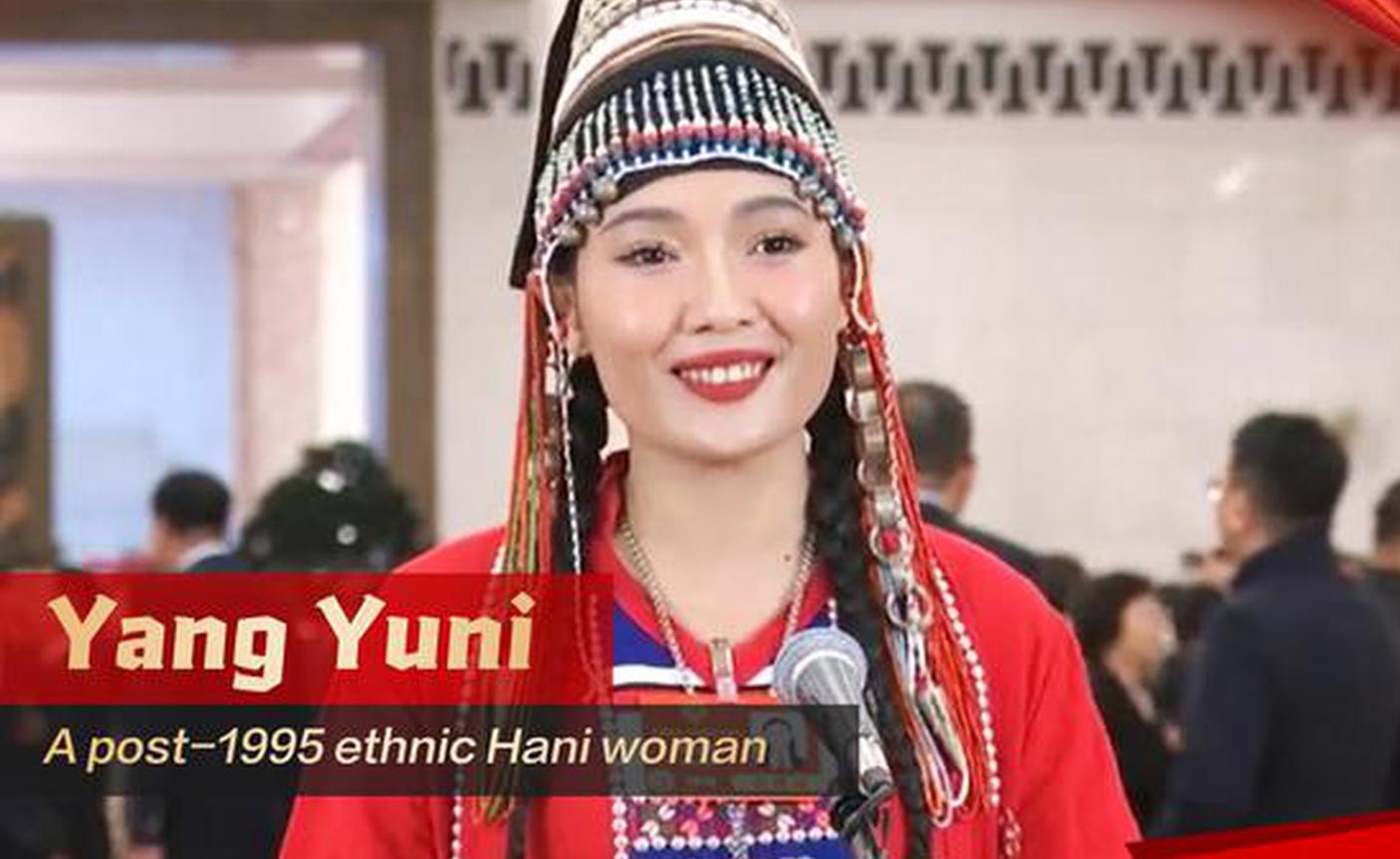
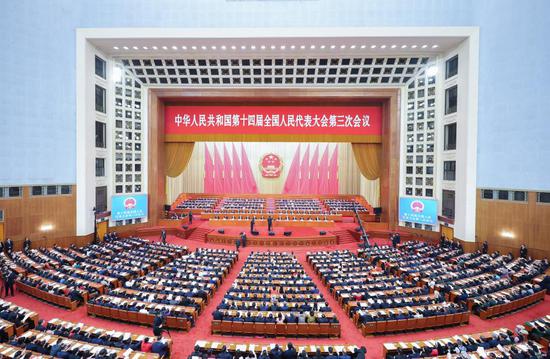



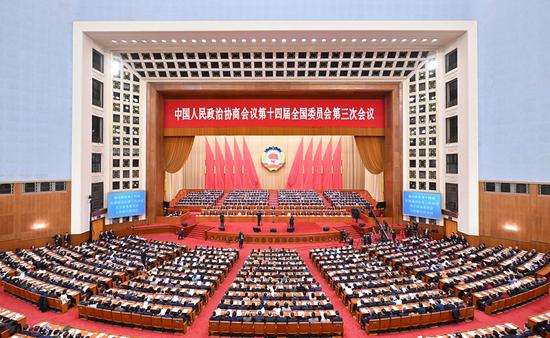


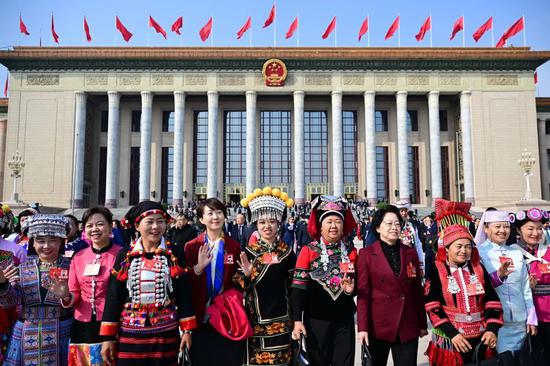

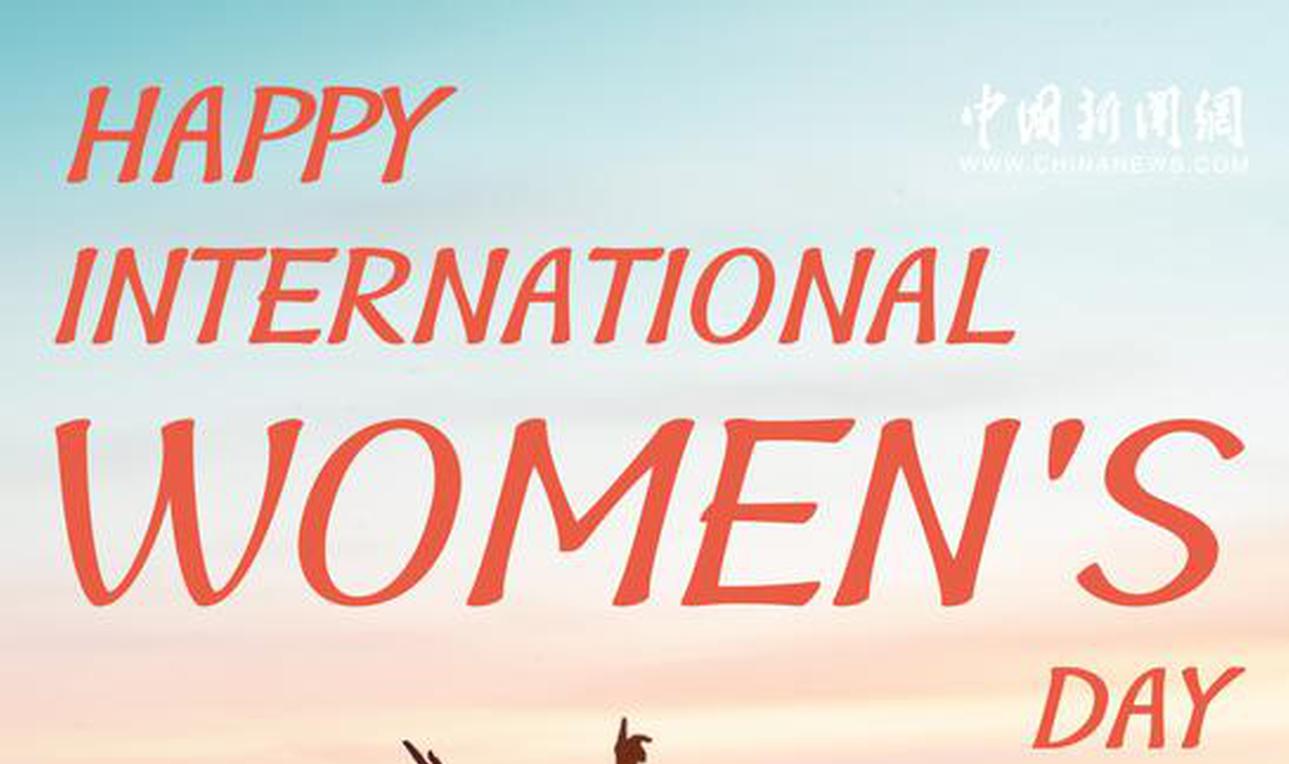


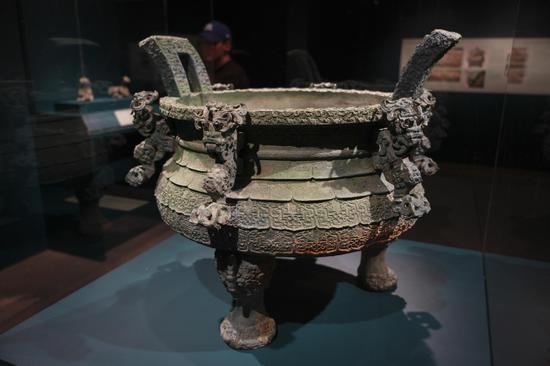

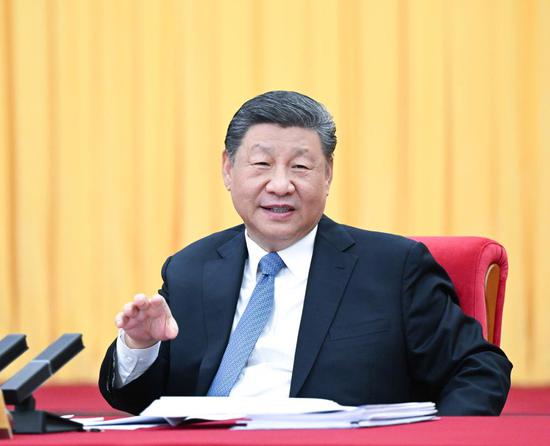


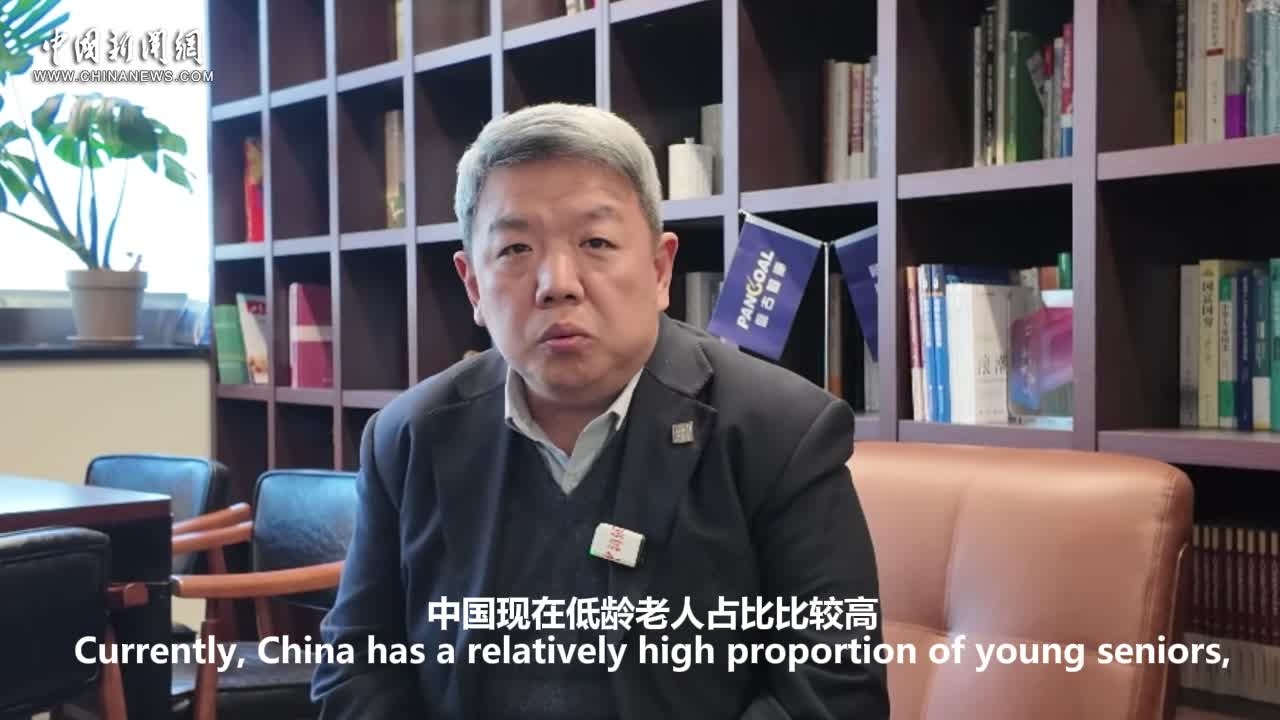

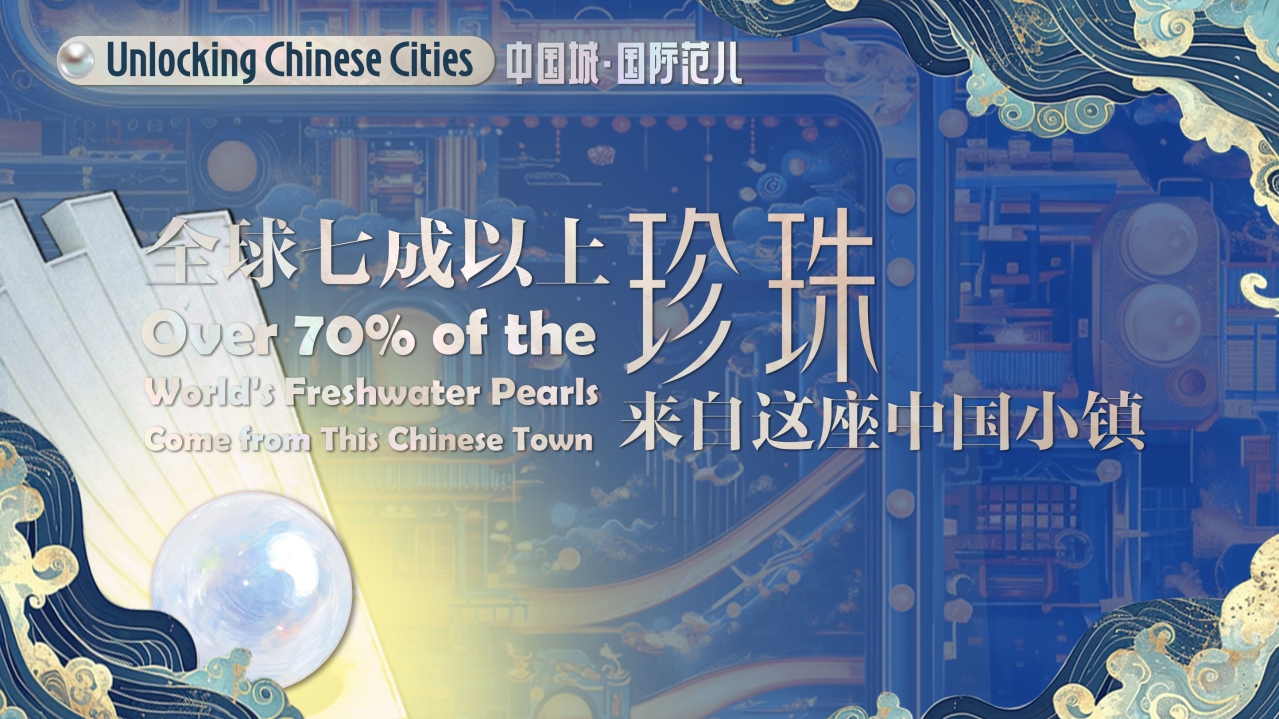

 京公網安備 11010202009201號
京公網安備 11010202009201號